English Translation:
Hello, good evening. Thank you very, very much for accepting our invitation, Dr. Nasfat, to Vision Magazine. We are very happy to have an interview with you tonight to share your experiences with us, and for our friends who hear about these experiences, most of whom are in Toronto, to benefit from your experiences.
Please tell us when you started in your field of expertise, what year you came to Toronto, and about your pharmacy as well. We would be very happy to learn from your experience.
Hello, thank you very much for giving me the opportunity to have this conversation.
– I am Sepideh Nasfat. My field of study is pharmacy. I am a pharmacist and currently manage Viva Clinic and Pharmacy, which we established.
As for when I came to Canada, it was in 2002. I came to Canada with my husband and my child at that time. I studied pharmacy in Iran and graduated from the University of Tehran. Here, of course, I had to go through the credential evaluation process and take specific exams, which I completed in the early years. In 2005, I received my pharmacy license in Ontario and have been practicing pharmacy since then. I also had work experience with the Social Security Organization in Iran. In Canada, I initially worked in various pharmacies, and for about five years, we lived in the United States, in Dallas, Texas. There, I also got my pharmacy license and worked in a hospital. Currently, I am recognized as a pharmacist in Iran, Ontario, Canada, and Texas, USA. While working in the hospital, I always had the idea of doing something beyond pharmacy and contributing to the healthcare system.
Therefore, I started a leadership course and completed it there. When I finished the Pharmacy Leadership Program, I always had the idea of creating a multidisciplinary healthcare system where different providers, such as doctors, nurses, dietitians, and pharmacies, work together. This idea stayed with me for a long time. When we returned to Canada in 2014, I worked part-time in several pharmacies but always had this system in mind. Fortunately, an opportunity arose because my husband, who is also a doctor specializing in nephrology and hypertension, and I were able to establish Viva Clinic and Pharmacy in Richmond Hill in 2020.
Starting Viva Clinic and Pharmacy came with its challenges, especially since COVID-19 gradually spread at the same time as we started our clinic and pharmacy. On the very day we opened, Richmond Hill announced that all businesses had to close, which was a huge challenge for us as a new business trying to introduce ourselves to the community. Unfortunately, we had no other way but to rely on digital and social media, so we started our activities.
Our doctors couldn’t work either; only the pharmacy was allowed to be open at that time. The doctors worked from home. At that time, we had one doctor, my husband, one pharmacist, me, and one person acting as the doctor’s secretary. We continued like this for the first few months and gradually attracted other staff. The second doctor started working two or three months later, and currently, as I am speaking to you, it is the fourth year of our operation. We started our activities in April 2020, and now exactly four years have passed. I can tell you that we have three pharmacists, three assistants, and one Registered Pharmacy Technician in our pharmacy, which we are very happy about. In our clinic, we have nine doctors, three specialists, six family doctors, and a Walk-In Clinic. We also have other colleagues, including a nutritionist and two physician assistants, as well as administrative staff, about six or seven people working part-time or full-time. So, our small community of three people has grown to about 25-26 people in four years, which makes me very happy. In the health sector in Canada, or at least in Ontario, we have many Iranian doctors and pharmacists. There are certainly many people from other fields as well, but at least in our work area, there are a lot of Iranian doctors and pharmacists. This is pleasing because we are colleagues, interact with each other, and benefit from each other’s expertise in various medical fields.
Fortunately, this situation is very different from when we first came to Canada, when there were far fewer Iranians in the medical and pharmaceutical fields. Now there are more. People usually like to talk about their medical issues with someone who speaks their language, and this is common in all cultures and languages. The reason is that people can communicate more comfortably with their doctor or pharmacist in their own language.
I have often heard people say how happy they are that we have Iranian doctors or pharmacists because they find it difficult to communicate comfortably with doctors in other languages or to express things they are used to saying in their own language. So, it is really pleasing that this community is growing, and more doctors and pharmacists are available to help our Persian-speaking community.
In Vision Magazine, we try to focus on this vision and how we see the future for Iranian businesses in Toronto and the direction our country, meaning Canada, is heading. Many friends believe that, compared to 10-15 years ago, Toronto’s infrastructure hasn’t grown much, including hospitals and even road construction, while the population has increased significantly, which leads to shortages and is very noticeable in recent years. How about in your field, in the clinic or pharmacy sector?
Well, one interesting thing to know is that Canada’s healthcare system, especially in Ontario, has its own issues and problems. The most important issue is funding, as they say here, for the healthcare system. That’s why, for example, you may hear about campaigns or various groups protesting the system, like nurses protesting. One reason is that Canada’s healthcare system is public. A public system has many advantages, but only if it can cover its costs. Since costs are not fully or adequately covered, there are many issues, such as long wait times to see doctors, especially specialists, which can take five to six months or even a year. All of this goes back to the government’s budget and the fact that private systems are not allowed to operate.
Private systems exist more in areas like dentistry, cosmetic services, and some parts of ophthalmology, but systems like hospitals and doctors are not allowed by law to charge patients with OHIP or Ontario health cards. If, like in Iran, both public and private systems existed together, it could alleviate some of the heavy burden on the government. Of course, there are many details behind this discussion that I don’t want to get into, but my personal opinion is that if a parallel private system could coexist with the public system, both working correctly side by side, it might greatly benefit our healthcare system.
We know that many friends who have recently come from Iran were very comfortable with Iran’s healthcare system, where they had access to all the equipment and facilities in their neighborhood, but here, it is very surprising for them to wait several months for a simple test or MRI. A friend of ours had cataract surgery scheduled after over nine months, and he was very frustrated, saying that by the time it happens, he might not have his eye left. Emergency room wait times of seven to eight hours are normal here, which is very disappointing for them.
Some people try to find a balanced solution, like consulting their doctors in Iran for advice. However, they cannot do anything about prescriptions or physical needs, and the government here doesn’t allow other healthcare systems to intervene in their system. But a middle ground hasn’t been recognized yet, unlike the American healthcare system.
Many people even go to Mexico or South American countries for treatment. We, as Iranians, might prefer to get dental or medical services done in Iran while traveling.
Do you have any solutions or insights?
Exactly what you mentioned, I remember a few years ago, a pharmacist I worked with had a minor surgery and said they would rather go to Egypt to get it done quickly instead of waiting here. Many friends and acquaintances do the same because they feel the healthcare system here takes too long to get the results they want.
The healthcare system here works well for emergencies. For example, for my son, there were a couple of emergencies where they performed surgery quickly, within five or six hours. But for chronic issues, it takes a long time to get results, so many people prefer to return to their home country for certain treatments like eye or dental procedures. As I mentioned, I think having both private and public systems working side by side would be beneficial. One concern is that the best doctors might work only in the private sector, but that’s not the case. We see in Iran that many good doctors work in both public and private sectors, so this is possible here as well, as long as the details are worked out properly.
Another initiative that the Ontario government has started, and some provinces are ahead in this regard, is allowing non-doctor healthcare providers to perform certain tasks. For example, from last year, in Ontario, they started allowing pharmacists to prescribe medication for certain conditions, which has been in practice for a few years in Alberta and British Columbia. This, if widely promoted, can take some burden off doctors and allow pharmacists to manage certain conditions in pharmacies. This changes the medical system a bit, as patients come to the pharmacy and we, as pharmacists, can assess and prescribe medications without physical examination.
**Similarly, in Ontario, nurses are now being allowed to prescribe medications. Nurse Practitioners (NPs) are nurses who have gone a step further in their education and can diagnose, prescribe medications, order tests, and scans, much like doctors. The only issue is that the Ontario government doesn’t allow NPs to bill the government for their services, so they can’t be used extensively unless patients pay for the visit. If this could be addressed, it would greatly help the healthcare system by shifting some of the burden from doctors to NPs, making healthcare
more efficient.**
Also, Physician Assistants (PAs) are another group who can assist doctors. For example, if a doctor is seeing 20 patients a day, PAs can assist by seeing some of the patients, diagnosing, and prescribing under the doctor’s supervision. This allows for more patients to be seen in a day.
These are some of the ways to balance and manage the healthcare system to make it more efficient.
Let’s talk about your activities in Toronto as a woman. What challenges have you faced in your professional and social life, and how have you overcome them?
As a woman, especially from a different culture, the biggest challenge was adapting to the new environment and proving myself. There are different expectations and cultural norms, but I always believed in hard work and perseverance. I faced challenges in getting my credentials recognized, balancing work and family, and proving my abilities in a male-dominated field. Overcoming these challenges required determination, continuous learning, and building a support network of like-minded professionals.
Additionally, participating in community activities and networking helped a lot. I also focused on continuous improvement and education, taking leadership courses, and staying updated with the latest developments in my field. This not only helped me professionally but also personally, as I became more confident and better equipped to handle challenges.
What advice do you have for Iranian women who want to establish themselves in Toronto, whether in your field or other professions?
My advice is to believe in yourself and your abilities. Hard work and determination are key. Be open to learning and adapting to the new environment. Build a support network and seek mentorship from experienced professionals. Participate in community activities and stay connected with other Iranians to benefit from their experiences and advice.
Also, focus on continuous improvement and education. Take courses and stay updated with the latest developments in your field. This will not only enhance your professional skills but also boost your confidence and ability to overcome challenges. Finally, balance your personal and professional life, and don’t hesitate to seek help and support when needed.
Thank you very much for your time and for sharing your valuable experiences with us, Dr. Nasfat. We wish you continued success in your professional and personal life.
Thank you very much. It was my pleasure to have this conversation. I wish all the best to you and your audience.
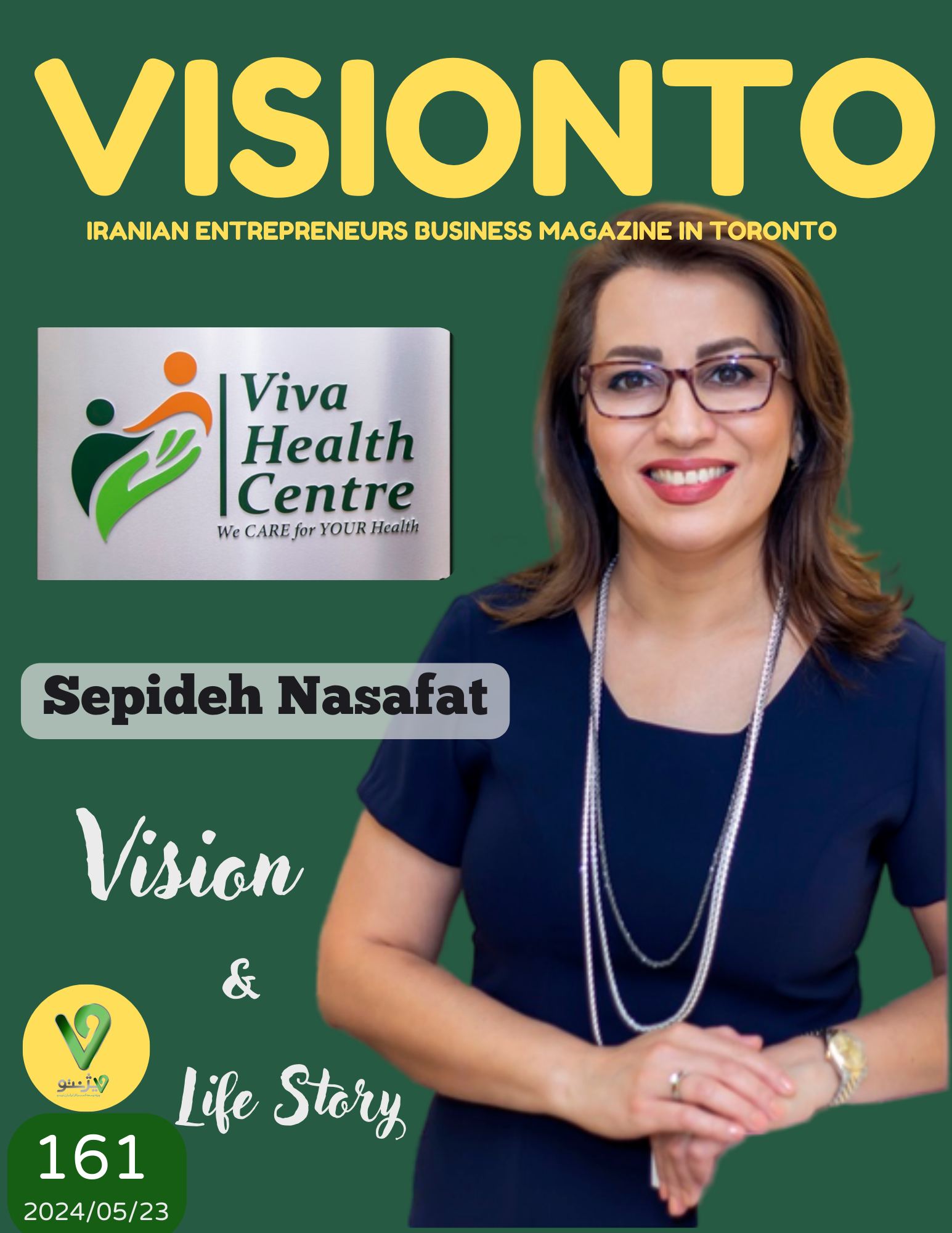
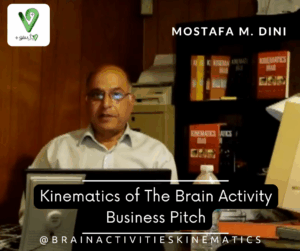

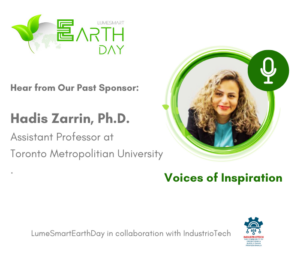
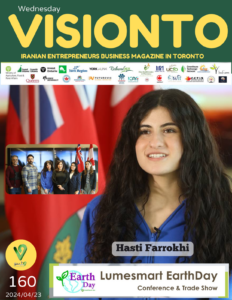
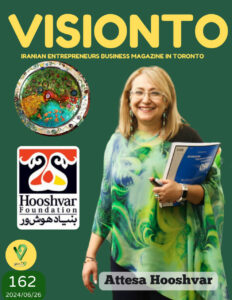
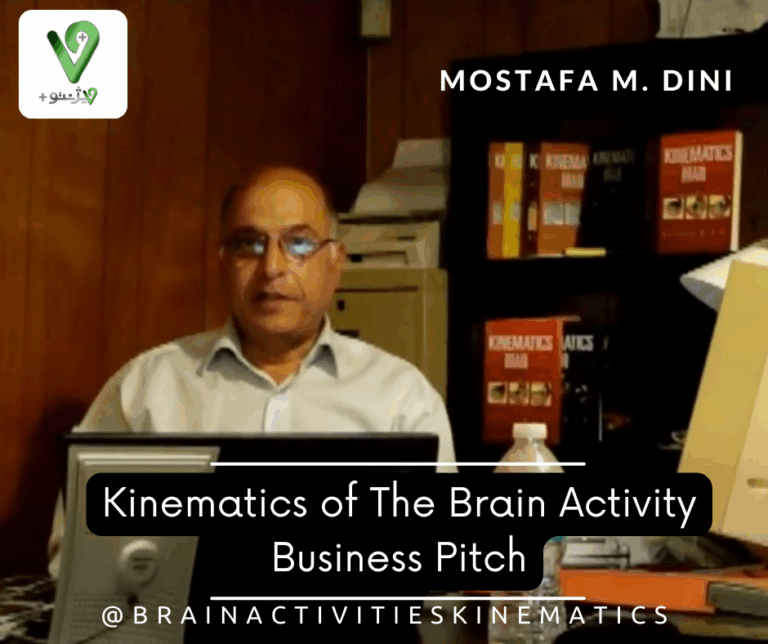

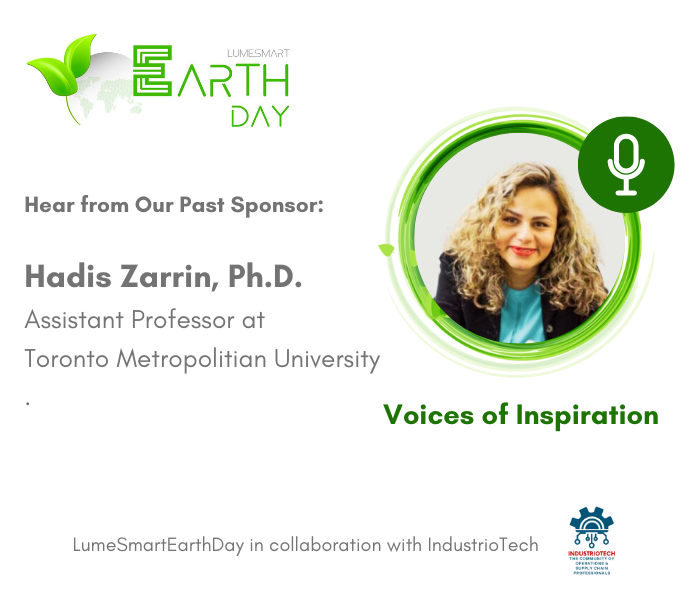
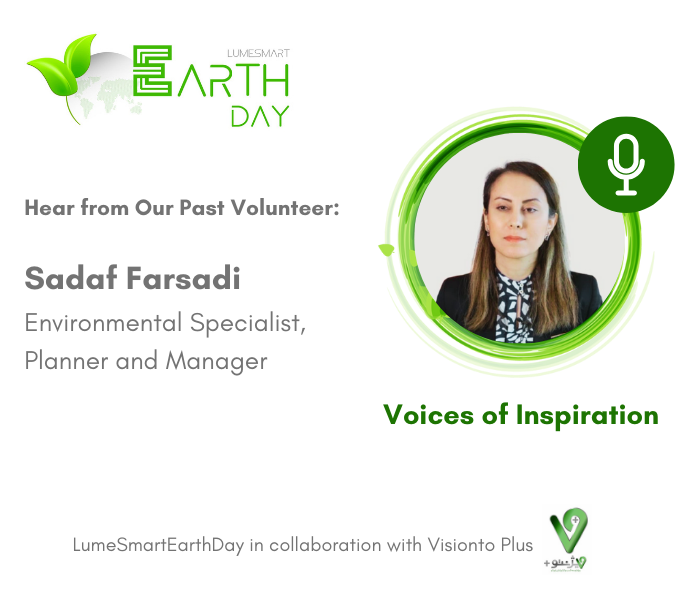
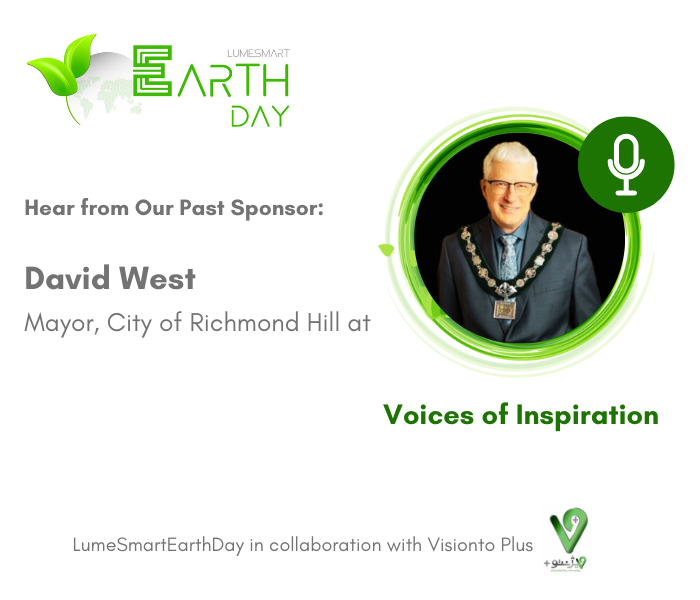
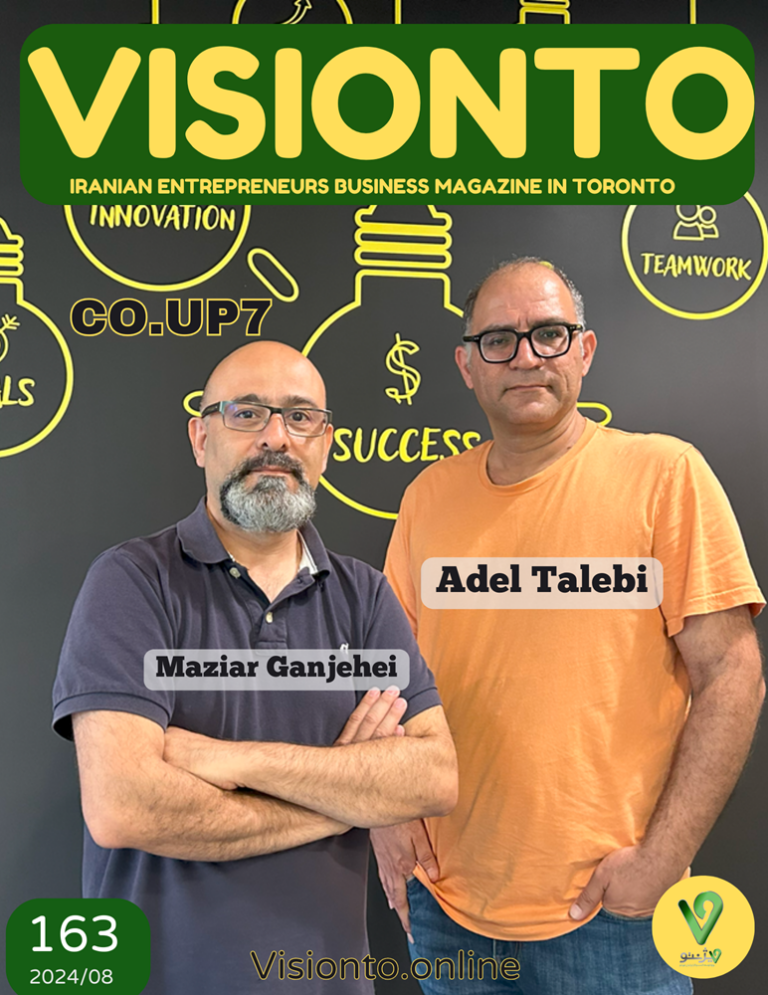
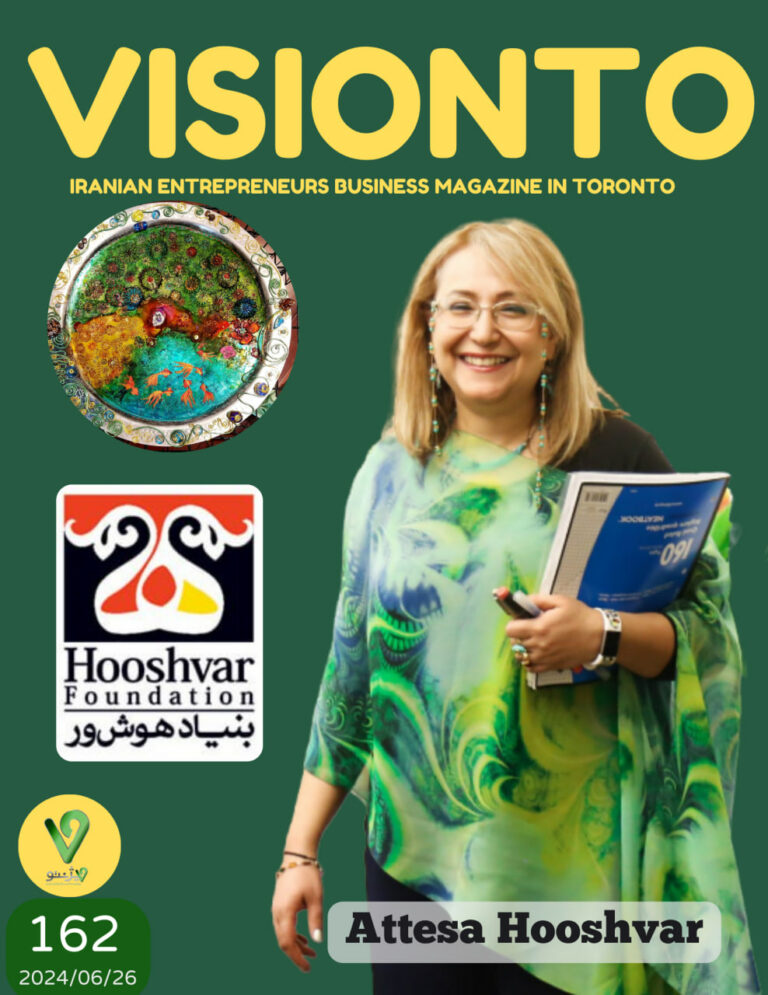
+ There are no comments
Add yours